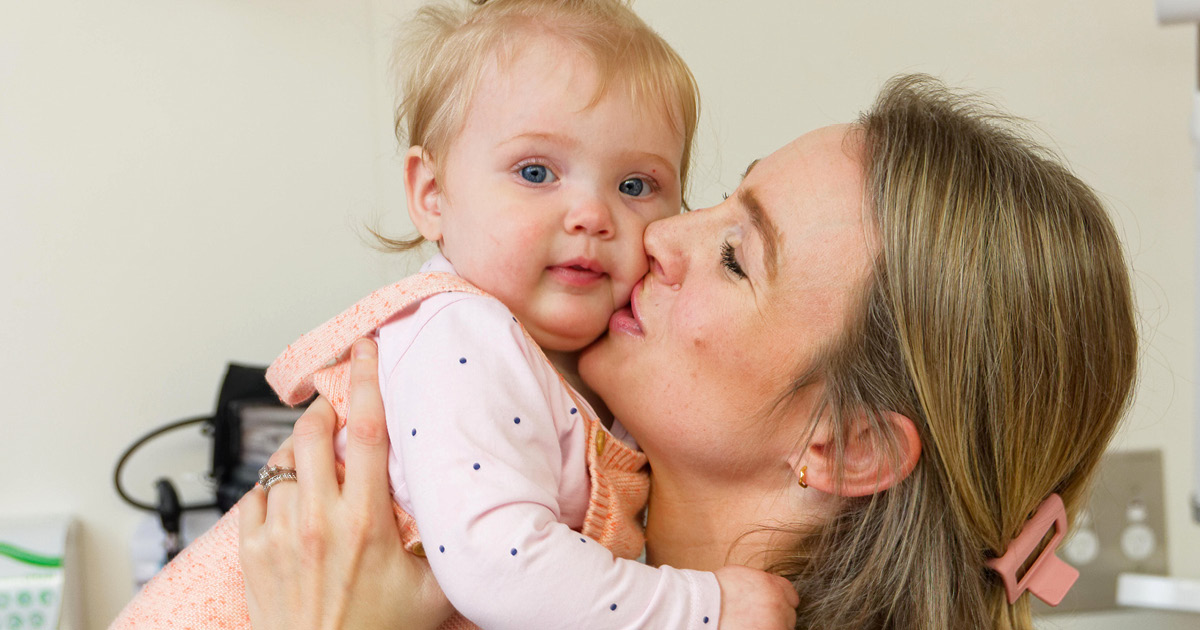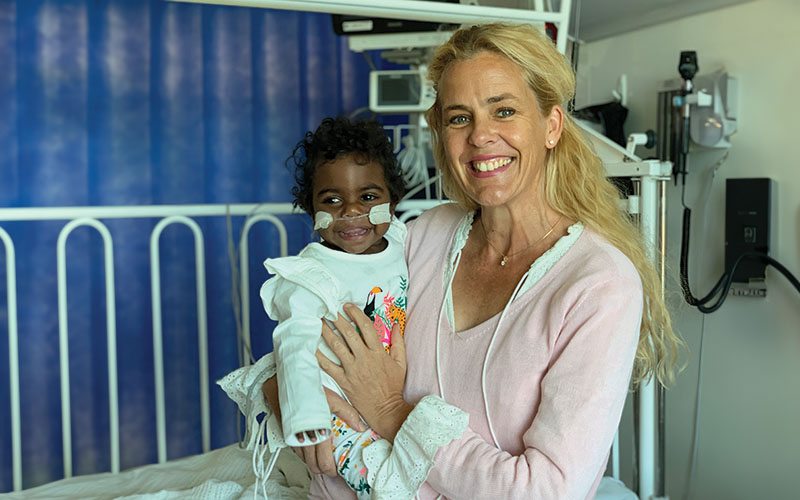Search
Research
NEARER SCAN (LENO BESIK) evaluation of a task-sharing echocardiographic active case finding programme for rheumatic heart disease in Australia and Timor-LesteRheumatic heart disease (RHD) is underdiagnosed globally resulting in missed treatment opportunities and adverse clinical outcomes. We describe the protocol for a study which aims to co-design, implement and conduct an evaluation of a task-sharing approach to echocardiographic active case finding for early detection and management of RHD in high-risk settings in Australia and Timor-Leste.
Research
Housing Initiatives to Address Strep A Infections and Reduce RHD Risks in Remote Indigenous Communities in AustraliaAsha Rosemary Bowen Wyber BA MBBS DCH FRACP PhD GAICD FAHMS OAM MBChB MPH FRACGP PhD Head, Healthy Skin and ARF Prevention Senior Research Fellow
Research
Plasma adenosine deaminase-1 and -2 activities are lower at birth in Papua New Guinea than in The Gambia but converge over the first weeks of lifeDynamic cellular and molecular adaptations in early life significantly impact health and disease. Upon birth, newborns are immediately challenged by their environment, placing urgent demands on the infant immune system.
Research
Childhood leukaemia in Down's syndrome primed by blood-cell biasAn in-depth investigation of gene regulation and cell populations at sites of fetal blood-cell production provides clues as to why children with Down’s syndrome are predisposed to developing leukaemia.
Research
Development and temporal validation of a clinical prediction model of transition to psychosis in individuals at ultra-high risk in the UHR 1000+ cohortThe concept of ultra-high risk for psychosis (UHR) has been at the forefront of psychiatric research for several decades, with the ultimate goal of preventing the onset of psychotic disorder in high-risk individuals. Orygen (Melbourne, Australia) has led a range of observational and intervention studies in this clinical population.
Research
Key elements of Goal-Directed Training for children with cerebral palsy: A qualitative content analysisGoal-directed training is an evidence-based occupational therapy intervention for children with cerebral palsy targeting motor performance and goal attainment. There is variability and limited description on goal-directed training delivery within the studies who found it a successful intervention. The aim of this study was to establish the who, what, why and how of goal directed training according to practicing occupational therapists.
Research
Plastics in human diets: development and evaluation of the 24-h Dietary Recall — Plastic Exposure and the Dietary Plastics ScoreHumans are commonly exposed to plastic through their dietary intake and food consumption patterns. Plastic-associated chemicals (PAC), such as bisphenols and phthalates, are recognized as endocrine-disrupting and are associated with increased risk of cardiovascular disease and metabolic syndrome. However, accurate methods to assess dietary exposure to plastic products and PAC are inadequate, limiting interrogation of health impacts.

Toddlers exposed to screen time at home are hearing fewer words and making fewer vocalisations, findings from the first longitudinal study to measure the relationship between family screen use and children’s language development have shown.

Prevention of respiratory syncytial virus (RSV) is now a real possibility thanks to the rollout of an immunisation program backed by a decade’s worth of epidemiological research led by The Kids Research Institute Australia.

Culturally secure intervention to facilitate medical follow up for Aboriginal children, after being hospitalised with chest infections, have proven to improve long-term lung health outcomes.
